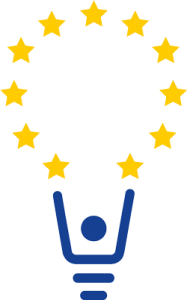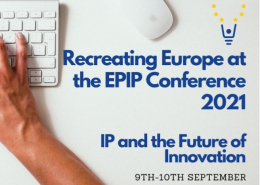Authors and performers
Digitisation, the internet and artificial intelligence (AI) are all disruptive forces which have brought new opportunities and challenges for authors and performers. Never before has it been so easy for creators and performers – both professionals and amateurs – to reach a global audience. At the same time, never before has it been so easy for audiences to obtain content without paying for it.
Looking at AI specifically, the emerging role of machines as producers of literary and artistic works may pose a threat to human authorship. The balance of these opportunities and threats has so far remained undecided and the position of authors and performers in this is relatively under-researched.
Against this background, reCreating Europe has three core areas of focus:
- In the task Perspective of Creators and performing Artists on Digitization, Copyright and the Digital Single market, a survey will be conducted among creators and performing artists throughout the EU, to learn about their perspectives on and experiences with digitalisation, their experiences with platforms and publishers, their views on copyright and piracy issues, their income developments, (fear of) redundancy by IA driven creation, etc.
- The task The Growing Role of AI machines as Producers of Literary and Artistic Works: Challenges to Human Authorship aims to identify the role that machines using Artificial Intelligence (AI) algorithms are playing in producing “content” that takes the form of literary and artistic works; to identify the impact that this production has on human creativity and remuneration; and to determine whether productions of AI machines in the literary and artistic sector are, or should be, protected by authors’ rights.
- The task AI, Machine learning and EU copyright law: ownership issues in training data aims to identify the role played by “training data” in the field of AI and Machine Learning (ML). The task focuses on the “ownership” aspects of AI/ML by looking at the legal status of the training data (literary or artistic works, public domain material, data); at the processes involved in ML algorithms (e.g. at the annotation and enrichment of text) and at the results (the trained models).
Publications
Poort, Joost; Pervaiz, Abeer; Furgal, Ula, (2021). D3.1 Mapping Document on income development of authors and performers and copyright reversal in EU. Zenodo.
Poort, Joost; Pervais, Abeer (2022) D3.2/3.3 Report(s) on the perspectives of authors and performers. Zenodo
João Pedro Quintais; Oleksandr Bulayenko; Daniel Gervais; Joost Poort (2021) D3.4 Interim report on the role of AI machines in producing literary and artistic content. Zenodo.
Quintais, J.P; Bulayenko, O; Gervais, D; Poort, J. (2021). D3.5 AI Music Outputs: Challenges to the Copyright Legal Framework. Zenodo.
Kretschmer, Martin; Margoni, Thomas; Oruc, Pinar (2021) D3.6 Interim study on the state of harmonisation of the rights of reproduction and adaptation and connected exceptions. Zenodo
Martin Kretschmer; Thomas Margoni; Pinar Oruc (2022) D3.7 Final report on the role of EU copyright law in relation to training models for machine learning purposes. Zenodo




